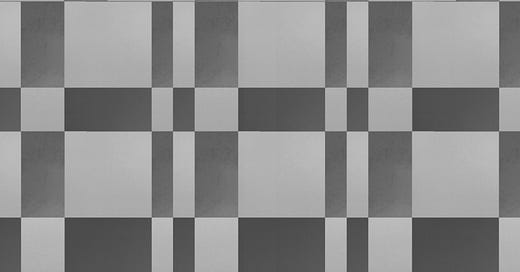Jean Baudrillard, America:
But if America is now no longer the monopolistic centre of world power, this is not because it has lost power, but simply because there is no centre any more. It has, rather, become the orbit of an imaginary power to which everyone now refers.
It is in this way, by this kind of added value, of exponential, self-referential, though ultimately unfounded credibility, that an entire society becomes stabilized beneath a perfusion of advertising. The flooding of the dollar on the world marketplace is the symbol and finest example of this. Yet it is a fragile meta-stability, as much externally as on the domestic political stage.
We fanatics of aesthetics and meaning, of culture, of flavour and seduction, we who see only what is profoundly moral as beautiful and for whom only the heroic distinction between nature and culture is exciting, we who are unfailingly attached to the wonders of critical sense and transcendence find it a mental shock and a unique release to discover the fascination of nonsense and of this vertiginous disconnection, as sovereign in the cities as in the deserts. To discover that one can exult in the liquidation of all culture and rejoice in the consecration of in-difference.
-
Eric Hobsbawm, ‘Barbarism: A User’s Guide’:
And this, of course, is what links the explosive collapse of political and social order on the periphery of our world system, with the slower subsidence in the heartlands of developed society. In both regions unspeakable things are done by people who no longer have social guides to action. The old traditional England which Mrs Thatcher did so much to bury relied on the enormous strength of custom and convention. One did, not what ‘ought to be’ done, but what was done: as the phrase went, ‘the done thing’. But we no longer know what ‘the done thing’ is, there is only ‘one’s own thing’.
Under these circumstances of social and political disintegration, we should expect a decline in civility in any case, and a growth in barbarism.
-
Milan Kundera, The Art of the Novel:
In Broch's mind, the Modern Era is the bridge between the reign of irrational faith and the reign of the irrational in a world without faith. The figure who appears at the end of that bridge is Huguenau. The cheerful, guilt-free murderer. The end of the Modern Era in its euphoric version.
-
Jorge Luis Borges, ‘The Wall and the Books’:
I read, a few days ago, that the man who ordered the building of the almost infinite Chinese Wall was that first Emperor, Shih Huang Ti, who also decreed the burning of all the books that had been written before his time. That these two vast undertakings - the five or six hundred leagues of stone against the barbarians, and the rigorous abolition of history, that is, of the past - were the work of the same person and were, in a sense, his attributes, inexplicably satisfied and, at the same time, disturbed me.
Burning books and erecting fortifications are the usual occupations of princes; the only thing unique about Shih Huang Ti was the scale on which he worked.
I have spoken of a magic plan; it may also be supposed that the building of the wall and the burning of the books were not simultaneous acts. Thus (depending on the order we choose) we would have the image of a king who began by destroying and then resigned him self to conserving; or the image of a disillusioned king who destroyed what he had once defended.
Perhaps Shih Huang Ti walled his empire because he knew that it was fragile, and destroyed the books because he knew that they were sacred books, books that teach what the whole universe teaches or the conscience of every man. Perhaps the burning of the libraries and the building of the wall are acts that in some secret way erase each other.




